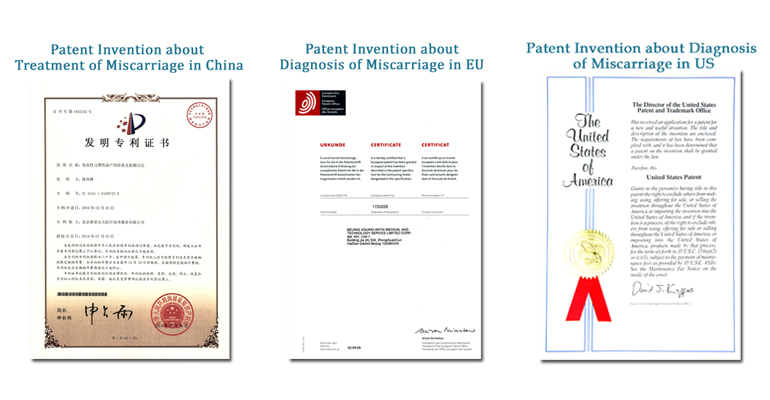In the realm of women’s health, recurrent miscarriages, also referred to as early recurrent pregnancy losses, present a complex and concerning issue. This condition entails experiencing fetal demise or biochemical pregnancies followed by natural miscarriages within the first three months of gestation. Recurrent miscarriages are not a standalone ailment; instead, they result from a variety of underlying factors, encompassing 43 distinct potential diseases. These factors include the stunted development of the embryo, leading to fetal demise or biochemical pregnancy miscarriages.
The foremost task in addressing recurrent miscarriages is to establish a clear diagnosis pinpointing which of the 43 diseases underlies the patient’s condition. Accurate diagnosis is crucial since it guides the selection of the appropriate treatment approach. Uncertainty in diagnosis significantly compromises treatment outcomes. For instance, if the cause is related to immunological factors, and a patient undergoes polycystic ovary syndrome (PCOS) surgery, the chances of successful treatment are greatly diminished.

Different diagnoses require distinct treatment methods. Therefore, a comprehensive diagnosis is essential to rule out all potential causative factors. Recurrent miscarriages often involve multiple factors, including uterine issues, immunological factors, or other underlying reasons. Consequently, treatment must adopt a multifaceted approach to ensure the resolution of all contributing factors, thereby offering patients the prospect of a successful pregnancy.
In this domain, Antai Hospital in Beijing, China, offers a specialized solution. They employ international patented technology to detect anti-embryo antibodies, a common cause of immunological recurrent miscarriages. Additionally, they employ modern diagnostic techniques such as uterine tubal angiography, panoramic 4D color ultrasound, chromosomal analysis, infection factor assessment, and hormone level testing to rule out other potential causes, ensuring a comprehensive diagnosis.
Antai Hospital’s treatment policy is crystal clear: if, following a confirmed diagnosis, they believe that they can cure the patient, a full refund is guaranteed in case of a treatment failure. This policy reflects their confidence in their patented technology and underscores their commitment to ensuring that every patient receives the best possible treatment outcome.
In conclusion, recurrent miscarriages pose a complex challenge, but with precise diagnosis and personalized treatment, patients can overcome this hurdle. Antai Hospital in Beijing, China, boasts rich experience and patented technology in this field, offering a reliable solution that helps women achieve healthy pregnancies and fulfill their dreams of parenthood.